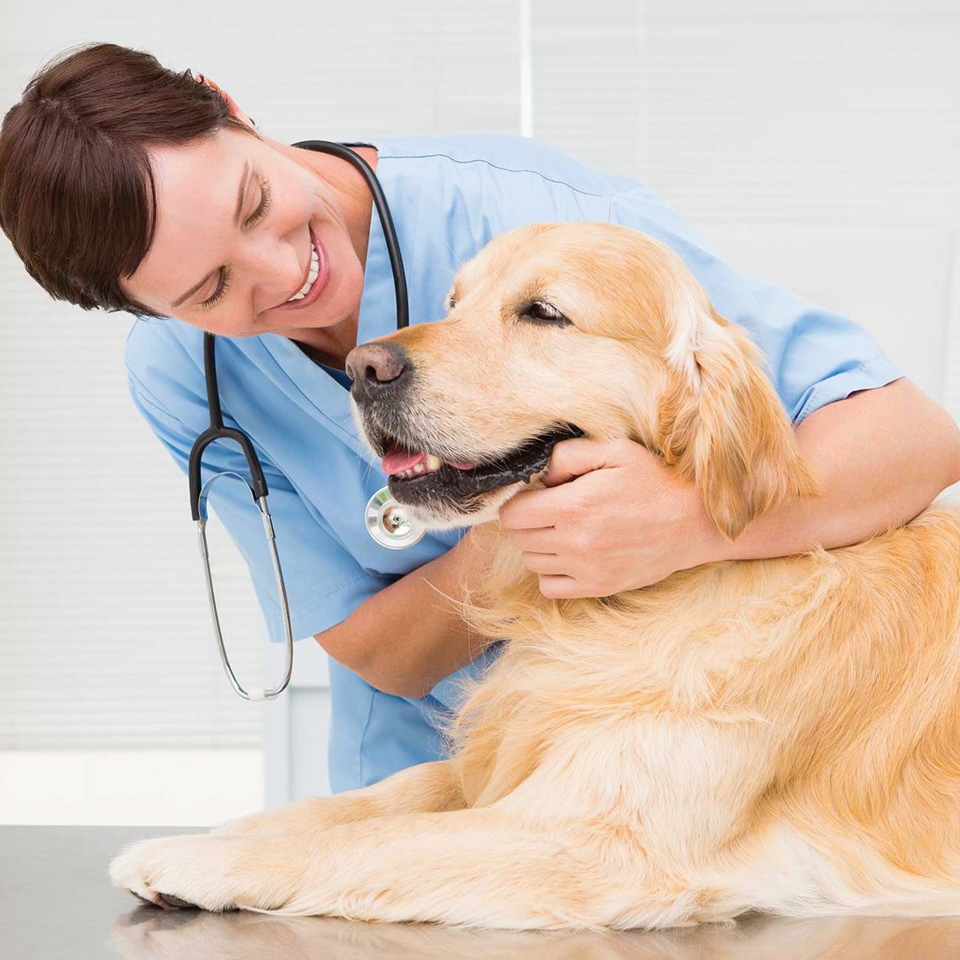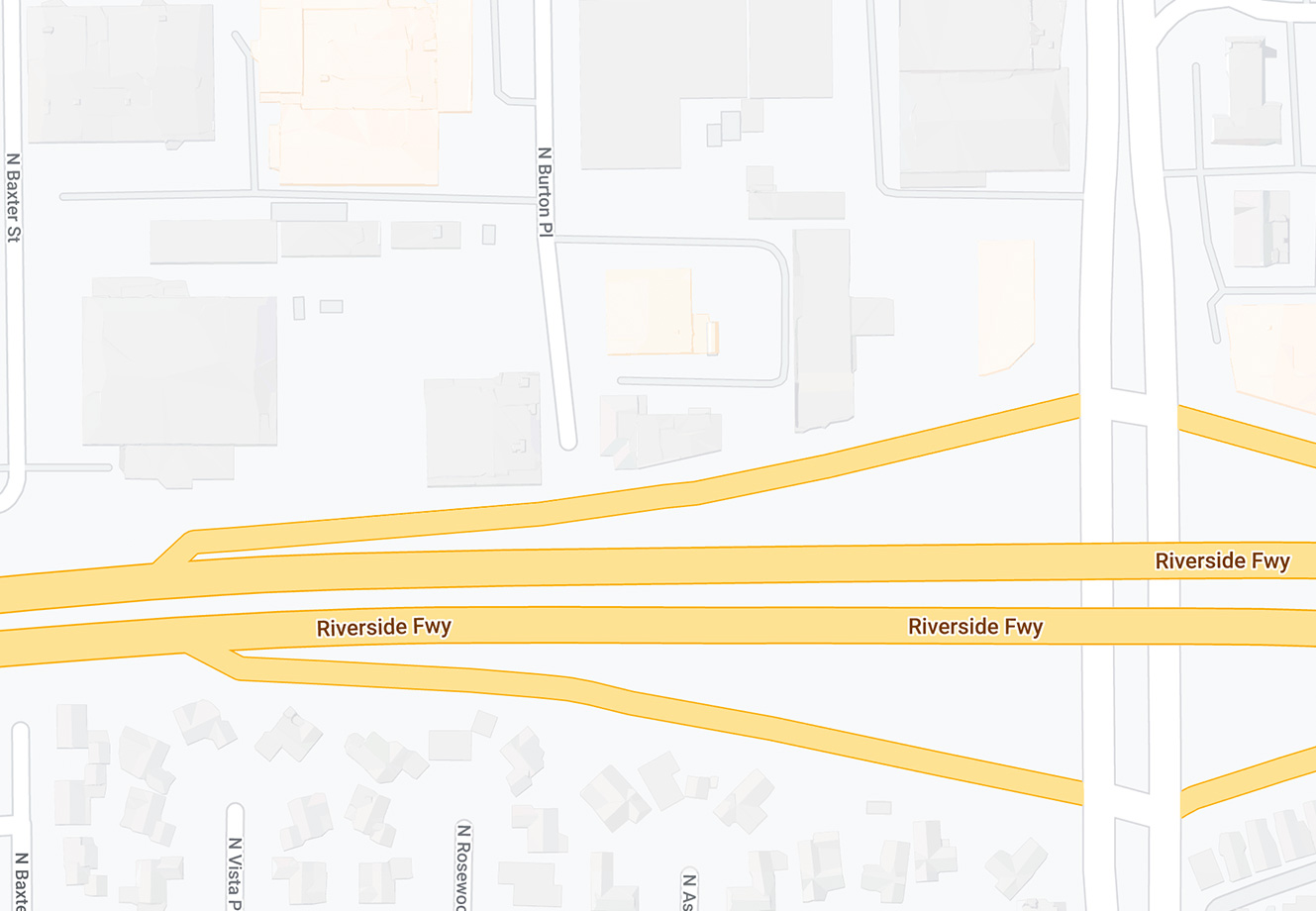
Veterinary emergency critical care is nothing trivial because it requires the perfect synergy of skill and experience to make the right decisions that ensure your pet will receive the care they need as quickly as possible.
This is what we stand for here at CASE Animal Hospital in Anaheim. Our team focuses on delivering the highest level of care to your pet all year round, in true 24/7 fashion, as well as a flagship multi-specialty care that helps pets receive exactly what they need once they are stable. We promise to deliver comprehensive veterinary care with the compassion that only our veterinarians can offer and in a convenient location for all our neighbors living in Riverside County.
Why Would You Need Veterinary Emergency Care in Riverside County?
The thing about veterinary emergencies is that they always happen when we expect them less. Furthermore, in many cases, pets are not the best at communicating their pain levels or what happened to them with much detail.
Pet parents have to pay close attention to identify the signs of a developing veterinary emergency and then take them to a team that delivers the care they require in a convenient location.
You can bring your pet to our state-of-the-art facility, where we will welcome them and take them to perform the necessary diagnostics test and take images that will inform our veterinarians’ decisions. We are constantly educating ourselves and the community at large, so you can trust our professionals to deliver the best care available.
What Is Considered a Veterinary Emergency?
Veterinary emergencies can be life-threatening accidents and other situations that gradually affect your pet’s health. Unfortunately, your pet won’t come to you and magically say what is going on with them, which is why you’ll have to pay close attention to any of the following symptoms and get in touch with our animal hospital to coordinate when to bring your pet for emergency animal care. Look out for any of the following:
- Difficulty breathing;
- Swelling;
- Persisting bleeding;
- Choking;
- Appetite disorders;
- Disorientation;
- Frostbite;
- Heatstroke;
- Indigestion;
- Food poisoning;
- Direct trauma;
- Persistent vomiting;
- Open wounds or deep cuts;
- Eye injuries;
- Burns;
- Seizures.
Food Poisoning or Toxic Substances
There are many substances, household items, food ingredients, and cleaning products that could cause severe problems to our pet’s health. Certainly, some are obviously bad, such as pest control chemicals or rat poison, but others are hidden in plain sight.
Please be careful about leaving garlic, onions, or some sweets, such as chocolate chunks, out in the open where a dog might eat them. Some animals are highly susceptible to these foods and could have a fatal reaction.
The key, as with any other emergency, is moving fast and deciding what to do quickly. Your pet may be undergoing an emergency of any of the following types:
- Kidney Failure. Some pets will suffer from kidney failure, and you will notice they are urinating much more than usual or losing their appetite.
- Internal Bleeding. Even though it’s internal, there are external signs you should keep an eye out for, such as weakness or lethargy, collapsing, vomiting blood, or a racing heart.
- Liver Failure. This is a situation that results in tarry stools, collapsing, and persistent vomiting.
- Gastrointestinal Complications. Please watch out for a lot of vomiting or diarrhea.
Open Wounds and Lacerations
Your pet might usually move around areas that you don’t know very well in your house. And even though pets are usually better at moving and maneuvering around tight and closed spaces than us humans, their curiosity could result in a regrettable accident.
Emergencies can arise from other pet bites, scrapes, deep cuts, and puncture wounds that endanger your pet’s health. Please don’t hesitate to perform constant checks on your pet’s physical integrity. One telltale sign is when a dog constantly licks an area on their body they usually pay no attention to.
If your pet does have an open wound, please hold them carefully and check on the affected area to determine the level of damage. You can contact us and receive more information about disinfecting and cleaning the wound, but please don’t let that distract you from making preparations to take your pet to an emergency animal hospital.
Seizures
These are probably the second most alarming veterinary emergency you can undergo as a pet parent. Seizures in pets can be and are usually associated with neurological problems that require the intervention of a veterinary neurologist for proper evaluation and treatment. Fortunately, our team includes a specialist in animal neurology you can contact for proper care.
Please note the type of seizure to know what to do.
- Focal Seizures: will only affect one area of your pet’s brain, and your pet will remain aware during the episode.
- Generalized Seizures: are far much more complex in nature and can start as a focal seizure that worsens as time progresses.
We recognize that it is challenging to spot seizures in animals, as some behavioral changes can be so minute we rarely notice them. Still, you should watch out for:
- Dilated pupils.
- Changes to your pet’s hearing or vision;
- Balancing problems;
- Involuntary muscle spasms.
Come to the Best Veterinary Hospital Riverside County Has
Please read carefully the information above and stay vigilant to identify any of the veterinary emergency cases described above. You can contact our veterinary experts at CASE Animal Hospital any time of the day, all year long.
We are truly a 24-hour animal hospital, always ready to help you when a veterinary emergency strikes. Please get directions following this link and check how long it takes you to get to us during an emergency.
We strive to provide world-class assistance with the compassion and personal touch that only a veterinary hospital like ours can deliver. Give us a call at 657-999-1150 and find out more about the care your pet needs..
Team

Dr. Sam Rafia, DVM

Dr. Chi Tran, DVM

Dr. Ali Haghnazary, DVM

Dr. Andrew McGee, DVM

Dr. Esther Yang, DVM


